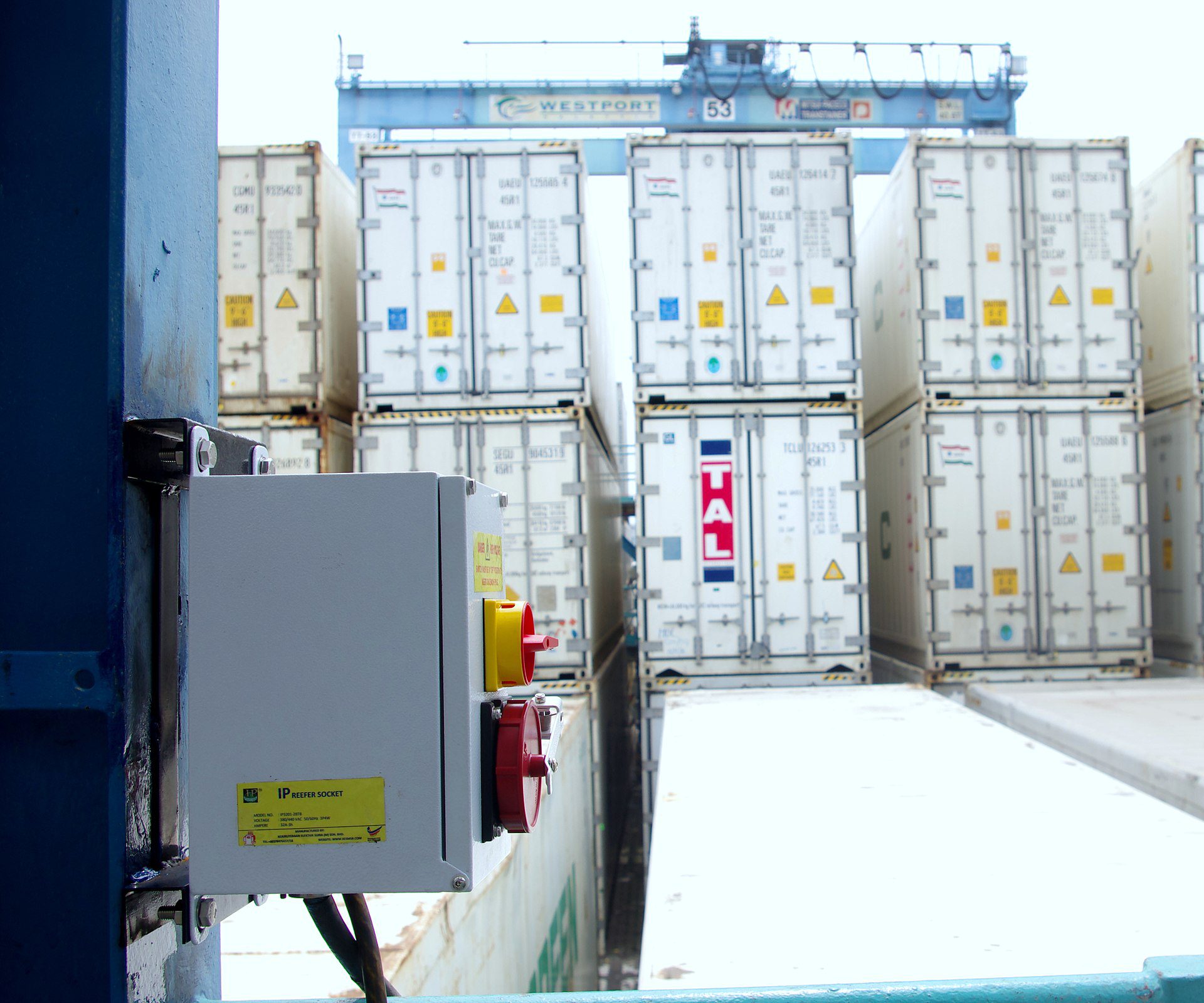By Linda Lew (Bloomberg) –Hong Kong’s mortuaries are so overwhelmed they’re deploying mobile refrigeration units to store bodies, as scenes reminiscent of the early days of the pandemic play out amid the city’s worst Covid-19 wave yet.
Photos taken at the Fu Shan Public Mortuary show four refrigerated units in a car park. Nearby, bags of ice are stacked next to an empty coffin.
Hong Kong’s resources are straining under the pressure of a record outbreak that’s pushed its death rate to one of the highest in the world. Fatalities have been concentrated in the under-vaccinated elderly, and the spread of the virus to more than 750 care facilities – including those that are home to disabled residents – has sparked concerns of worse to come.
The city has been seeking to boost its body-handling capacity, which stood at about 1,350 spaces at the start of March. The Department of Health is working on adding storage space for 300 additional corpses, including refrigerated containers and using private funeral homes and hospices. A new wing being built at Fu Shan mortuary will provide an additional 800 spaces when it’s finished in April.
Refrigerated containers have also been sent to hospitals, which will be able to temporarily store about 500 bodies. Officials said Friday they have the option to deploy even more cold storage containers if necessary.
As well as the surge in deaths, officials have warned of delays in paper work required to transfer bodies to public mortuaries. Government departments are working with police to help family members undertaking at-home isolation to go through procedures to claim bodies.
More than two years into the pandemic, Hong Kong’s health-care system is overwhelmed by the uptick in cases, and hospitals are strained. Speculation the city may go into a lockdown has also sparked a spate of panic buying that’s stripped supermarket shelves bare.
© 2022 Bloomberg L.P.
Tags:

 Join The Club
Join The Club











